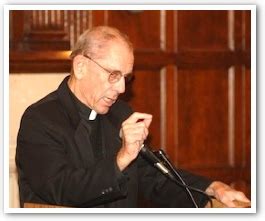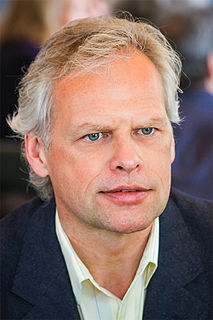A Quote by Eckhart Tolle
In the face of death, especially violent death, things don't make sense anymore. So death is the dissolution of either physical form or psychological form. And when a form dissolves, always something shines through that had been obscured by the form. This is the formless One Life, the formless One Consciousness.
Related Quotes
Through death you find yourself, because you no longer identify with form. You realize you are not the form with which you had identified neither the physical nor the psychological form of "me". That form goes. It dissolves and who you are beyond form emerges through the opening where that form was. One could almost say that every form of life obscures God.
Death is the moment of form dissolving. When that dissolving is not resisted, an opening appears into the dimension of the sacred, into the One formless, unmanifested Life. This is why death is such an incredible opportunity. There is no transformation of human consciousness without the dissolving that death brings.
If I had my life over again I should form the habit of nightly composing myself to thoughts of death. I would practise, as it were, the remembrance of death. There is no other practice which so intensifies life. Death, when it approaches, ought not to take one by surprise. It should be part of the full expectancy of life. Without an ever-present sense of death life is insipid.
Once we become conscious of a feeling and attempt to make a corresponding form, we are engaged in an activity which, far from being sincere, is prepared (as any artist if he is sincere will tell you) to moderate feelings to fit the form. The artist's feeling for form is stronger than a formless feeling.
If the denial of death is self-hatred, as it is to deny our freedom and live in fear of death (which is to say, to live in a form of bondage), then the acceptance and affirmation of death is indeed a form of self-love. But I'd want to make a distinction between a form of self-love which is essential to what it means to be human, and a narcissism of self-regard, like Rousseau's distinction between amour de soi and amour propre, self-love and pride.
The earthly form of Christ is the form that died on the cross. The image of God is the image of Christ crucified. It is to this image that the life of the disciples must be conformed; in other words, they must be conformed to his death (Phil 3.10, Rom 6.4) The Christian life is a life of crucifixion (Gal 2.19) In baptism the form of Christ's death is impressed upon his own. They are dead to the flesh and to sin, they are dead to the world, and the world is dead to them (Gal 6.14). Anybody living in the strength of Christ's baptism lives in the strength of Christ's death.































